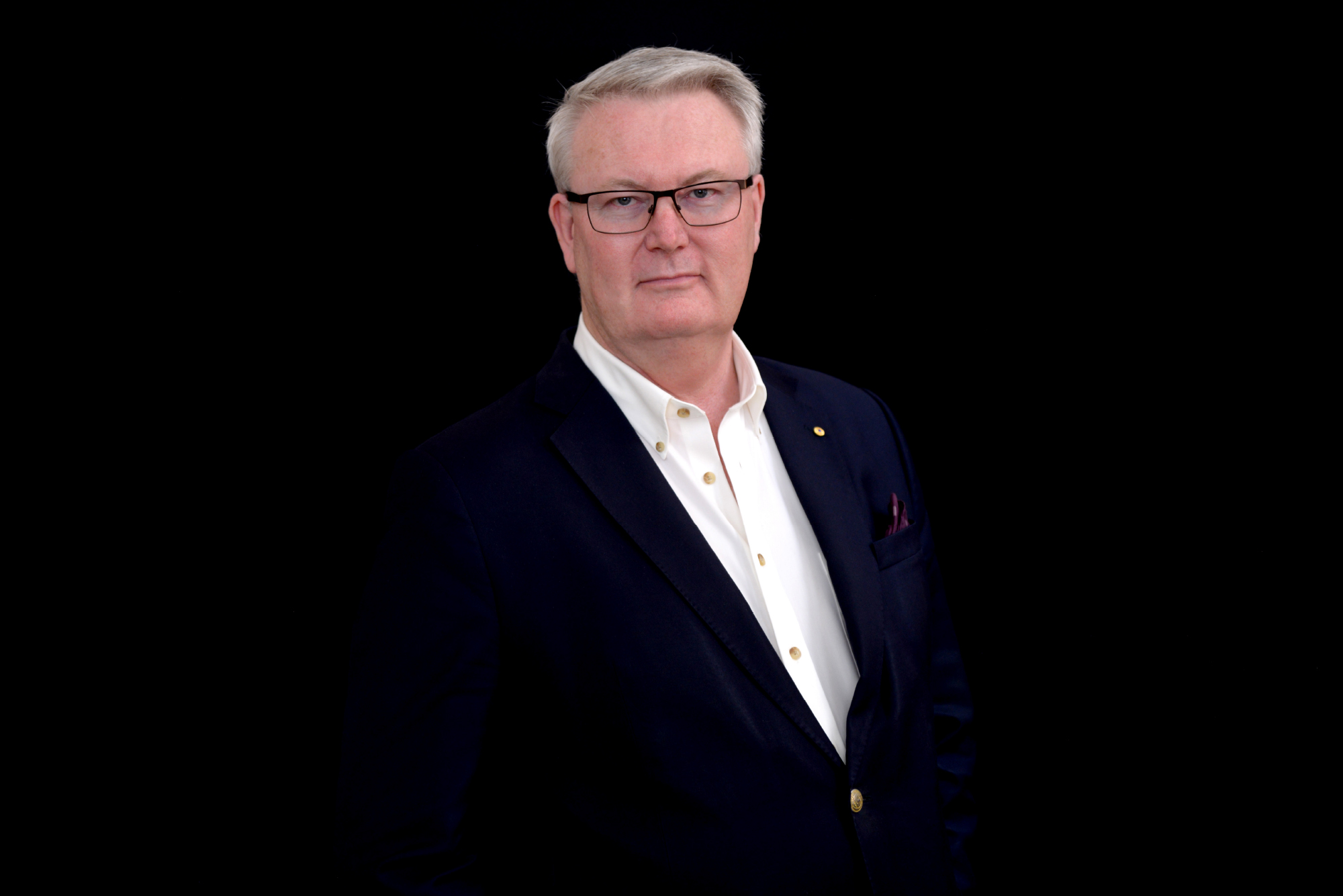Leading the way in responsible and sustainable management
Increasing demand for responsible management knowledge coincides with a change in the expectations of MBA graduates who are looking beyond just salary figures to wanting a more meaningful career from prospective employers.

